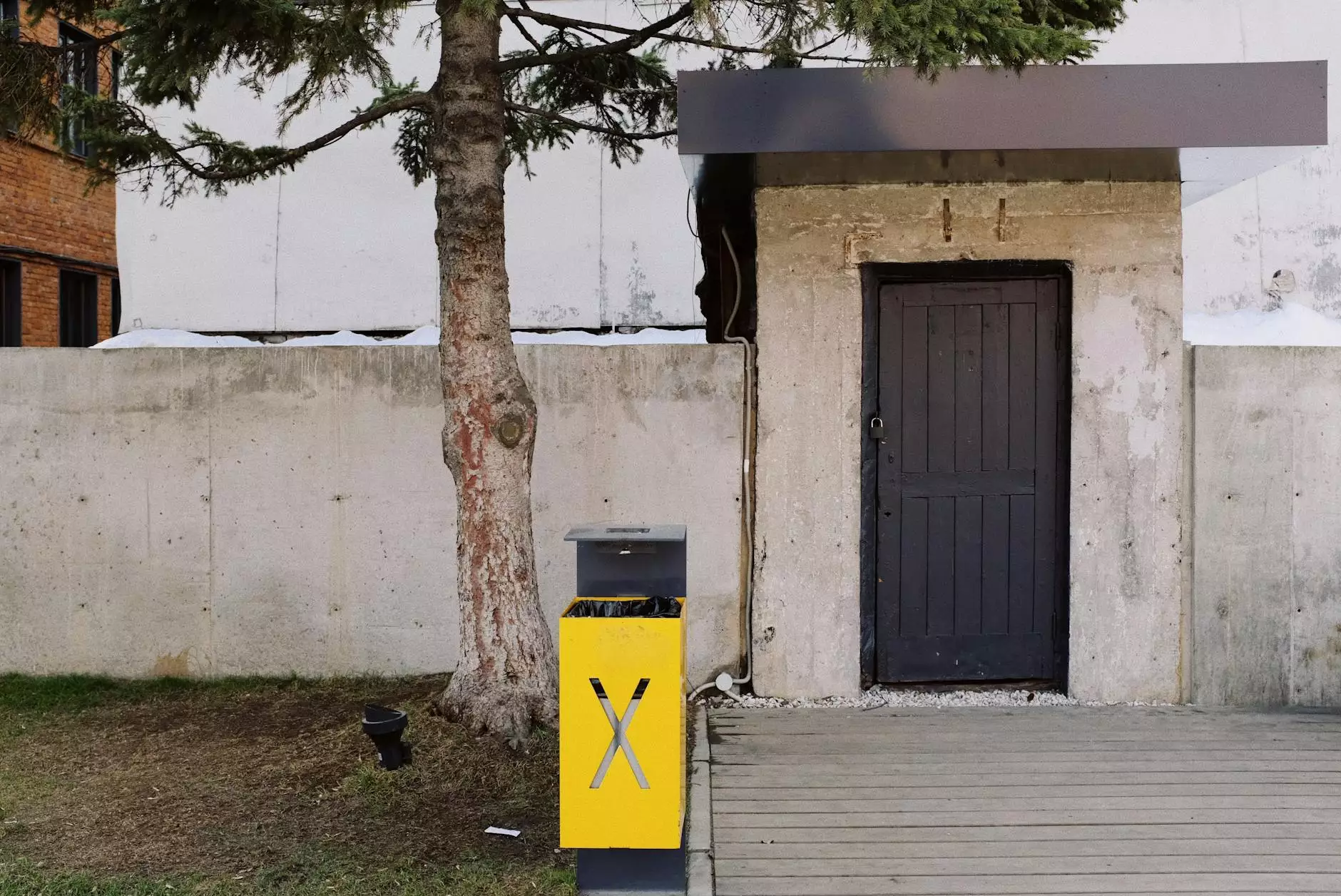Exploring the Benefits of Metal Recycle Centers in the Health & Medical Industry

Introduction
Metal recycling has become an increasingly important aspect of sustainability efforts across various industries. In the health and medical sector, metal recycle centers play a crucial role in preserving our environment by effectively managing and processing metal waste. In this article, we will delve into the world of metal recycle centers, focusing specifically on their role in the health and medical field.
The Significance of Metal Recycle Centers
Metal recycle centers serve as key players in the proper disposal and recycling of metal waste generated by hospitals, clinics, and other healthcare facilities. These centers are equipped with state-of-the-art technology, enabling them to efficiently collect, sort, and process various metals such as stainless steel, aluminum, copper, and more. By collaborating with healthcare institutions, metal recycle centers ensure that metal waste is handled responsibly, contributing significantly to the reduction of environmental impact caused by improper disposal.
Diagnostic Services and Metal Recycle Centers
One vital aspect of the health and medical industry is the availability of accurate diagnostic services. Metal recycle centers play a crucial role in this regard as they provide the necessary materials and equipment needed for diagnostic testing. Many medical devices, such as X-ray machines, MRI scanners, and surgical instruments, contain metals that can be recycled through metal recycle centers. By successfully recycling these metals, hospitals and diagnostic centers can contribute to the overall sustainability of the healthcare sector while ensuring the availability of vital diagnostic services.
Contributing to Sustainability Efforts
The integration of metal recycle centers into the health and medical industry seamlessly combines the goals of healthcare and sustainability. By responsibly managing metal waste, these centers effectively reduce environmental pollution and energy consumption associated with mining and processing new metals. Additionally, metal recycling helps conserve natural resources and reduces the carbon footprint of the health and medical sector.
The Process of Metal Recycling
Metal recycle centers follow a careful and well-structured process to ensure every recyclable metal is properly handled. First, collection bins are strategically placed within healthcare facilities, allowing the easy disposal of metal waste. The collected waste is then transferred to the recycle center, where it undergoes a thorough sorting process. Metals are segregated according to their type and quality, ensuring each material can be turned into valuable resources. Finally, the recycled metals are sent to manufacturers who transform them into new medical equipment and other metal-based products.
Benefits for Healthcare Institutions
Healthcare institutions that actively engage with metal recycle centers not only contribute to environmental sustainability but also enjoy various benefits. Firstly, recycling metals can lead to cost savings, as it reduces the need for purchasing new materials. Moreover, by implementing sustainable practices, healthcare facilities enhance their reputation as socially responsible organizations, thereby attracting environmentally-conscious patients and customers. Lastly, metal recycle centers often offer competitive pricing for the collected metals, providing an additional source of revenue for healthcare institutions.
The Role of Government Regulations
Government regulations play a crucial role in shaping the practices of metal recycle centers and encouraging healthcare institutions to collaborate with them. Many countries have implemented strict guidelines and standards to ensure the proper management of metal waste in the health and medical sector. These regulations not only outline the responsibilities of healthcare facilities but also establish the necessary infrastructure and procedures for metal recycling. By complying with these regulations, metal recycle centers and healthcare institutions work hand in hand to create a sustainable and environmentally-friendly healthcare system.
Conclusion
Metal recycle centers are instrumental in promoting sustainability in the health and medical industry. By offering diagnostic services, managing metal waste, and contributing to the reduction of environmental pollution, these centers play a vital role in shaping a greener future for healthcare. It is essential for healthcare facilities to actively engage with metal recycle centers to not only ensure compliance with regulations but also contribute to a more sustainable and socially responsible healthcare system. Together, we can pave the way for a healthier environment and a thriving health and medical industry.



